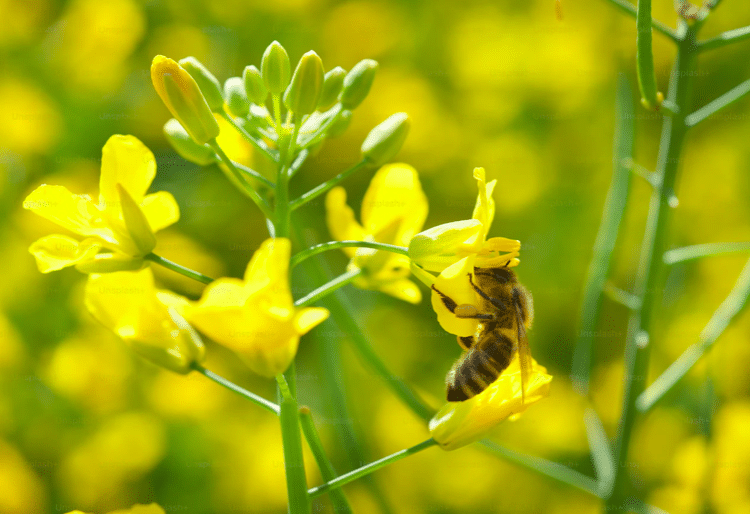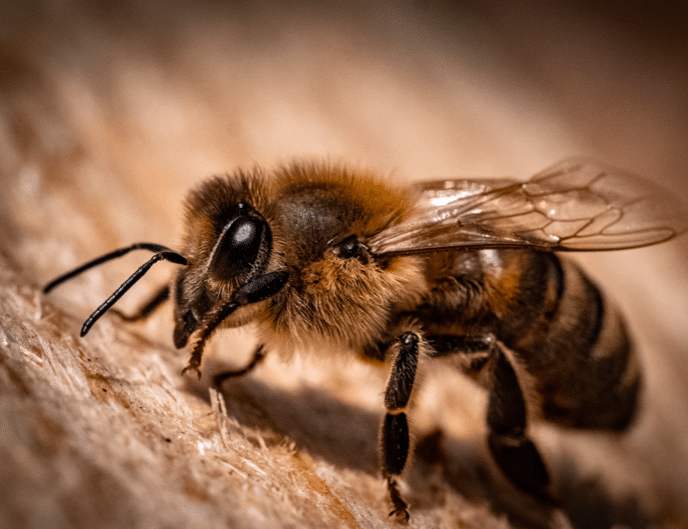In the fascinating world of beekeeping, where bees are essential guardians of the ecosystem, a new and astonishing technology is emerging: “robot bees.” These small robots, inspired by nature itself, are beginning to play a crucial role in plant pollination and bee conservation, offering innovative solutions to the challenges facing these insects and agriculture as a whole.
The Decline of Bees and the Importance of Pollination
The decline in bee populations is a global concern. These insects are responsible for pollinating over 75% of the world’s food crops. Without them, agriculture and food production would be severely compromised. However, bees face threats such as climate change, pesticides, and diseases that reduce their populations.
Robot Bees: Technological Innovation
Robot bees, inspired by the biology and behavior of real bees, offer a solution to the current bee crisis. These small robots are designed to emulate the pollination behavior of real bees, allowing them to play a key role in ensuring plant reproduction. Some of the most advanced models can fly, collect pollen, and distribute it among plants, just like natural bees.
Advantages of Robot Bees
Robot bees offer several advantages that could revolutionize the agricultural industry and bee conservation:
1. Increased Efficiency: Robots can work continuously and are not affected by weather conditions, increasing pollination efficiency.
2. Reduced Pesticide Use: Since robot bees are not sensitive to pesticides, they can be used in agricultural environments that might be toxic to natural bees.
3. Environmental Monitoring: Some robot bee models are equipped with sensors to monitor plant health and the surrounding environment, contributing to the conservation of natural resources.
4. Complement to Natural Bees: Robot bees do not replace real bees but complement them, providing valuable assistance in pollination when natural bee populations are declining.
5. Customization: Robot technology allows for greater precision in pollination, enabling farmers to tailor the process to the specific needs of their crops.
Challenges and Ethical Considerations
Despite the advantages, the use of robot bees is not without challenges. Competition with natural bees, the impact on wild insect populations, and ethical issues raised by this technology are aspects that require careful consideration.
The Future of Robot Bees
Robot bees represent a step forward in bee conservation and the promotion of pollination. Research and development will continue to improve these technologies, making them increasingly efficient and environmentally friendly. In the future, robot bees could become an essential component of sustainable agriculture and bee conservation.
In conclusion, robot bees represent an interesting and original technological development that offers innovative solutions to preserve bees and promote pollination. These small robots could play a fundamental role in protecting our ecosystem and global food security.

